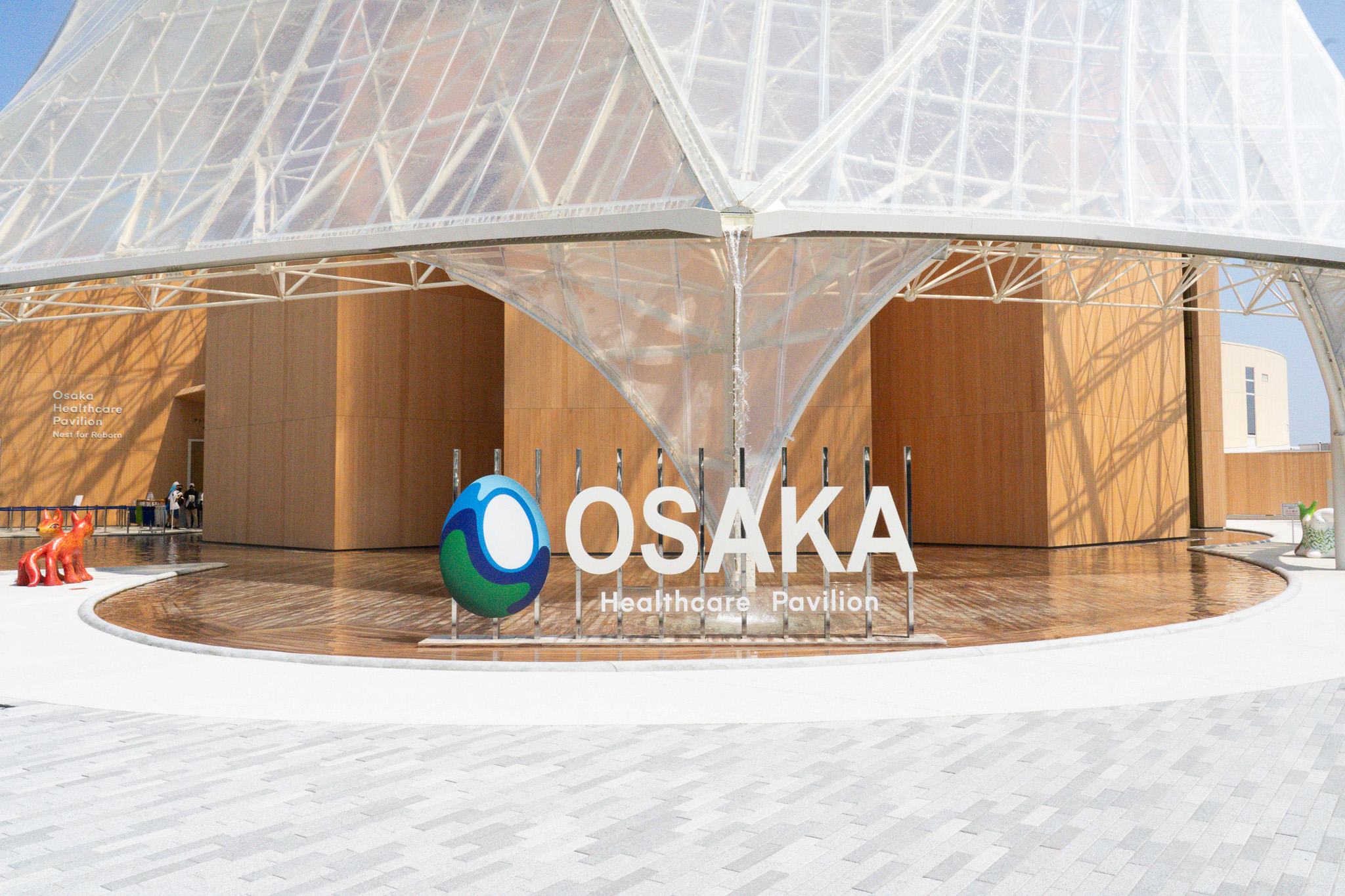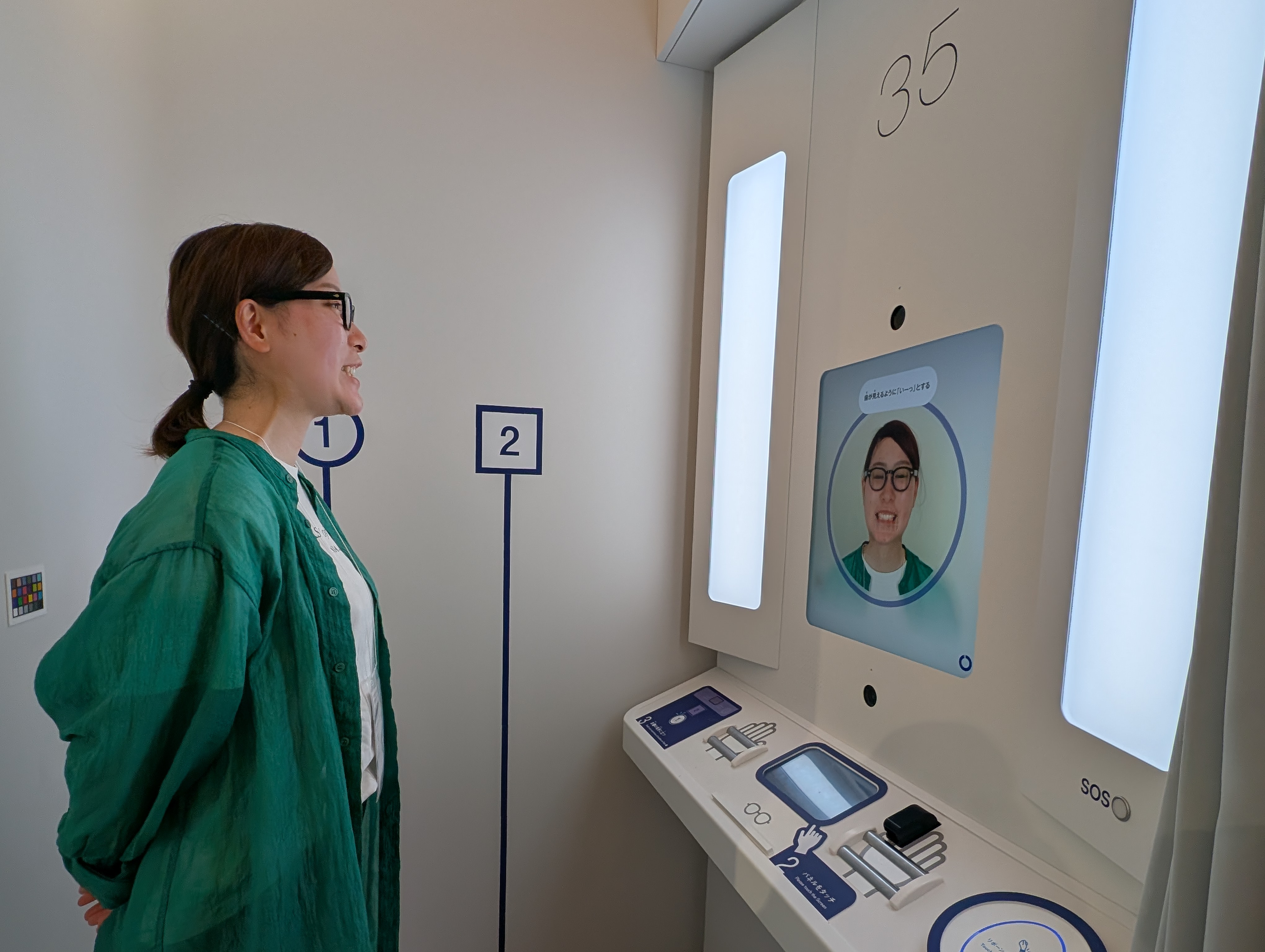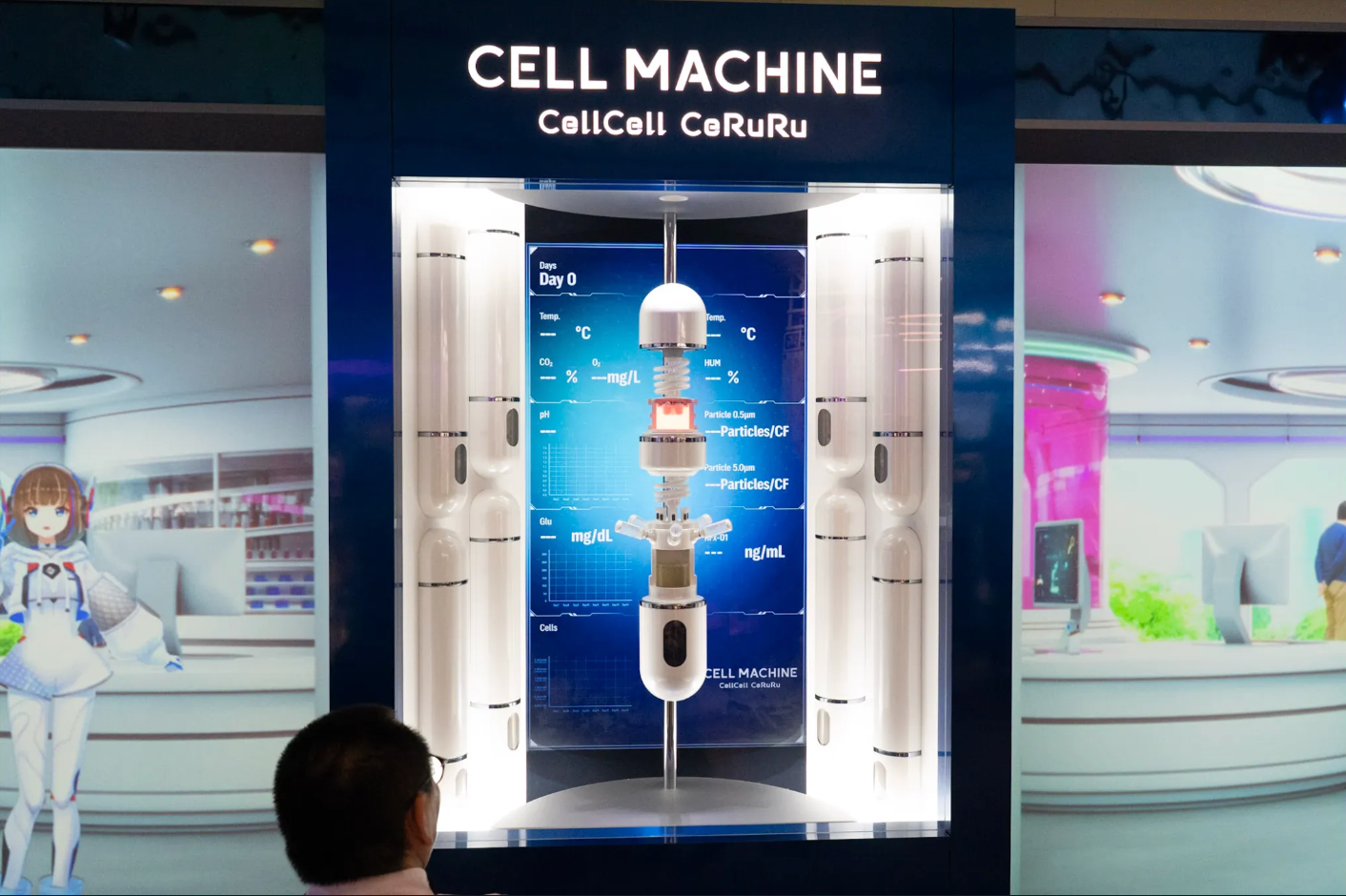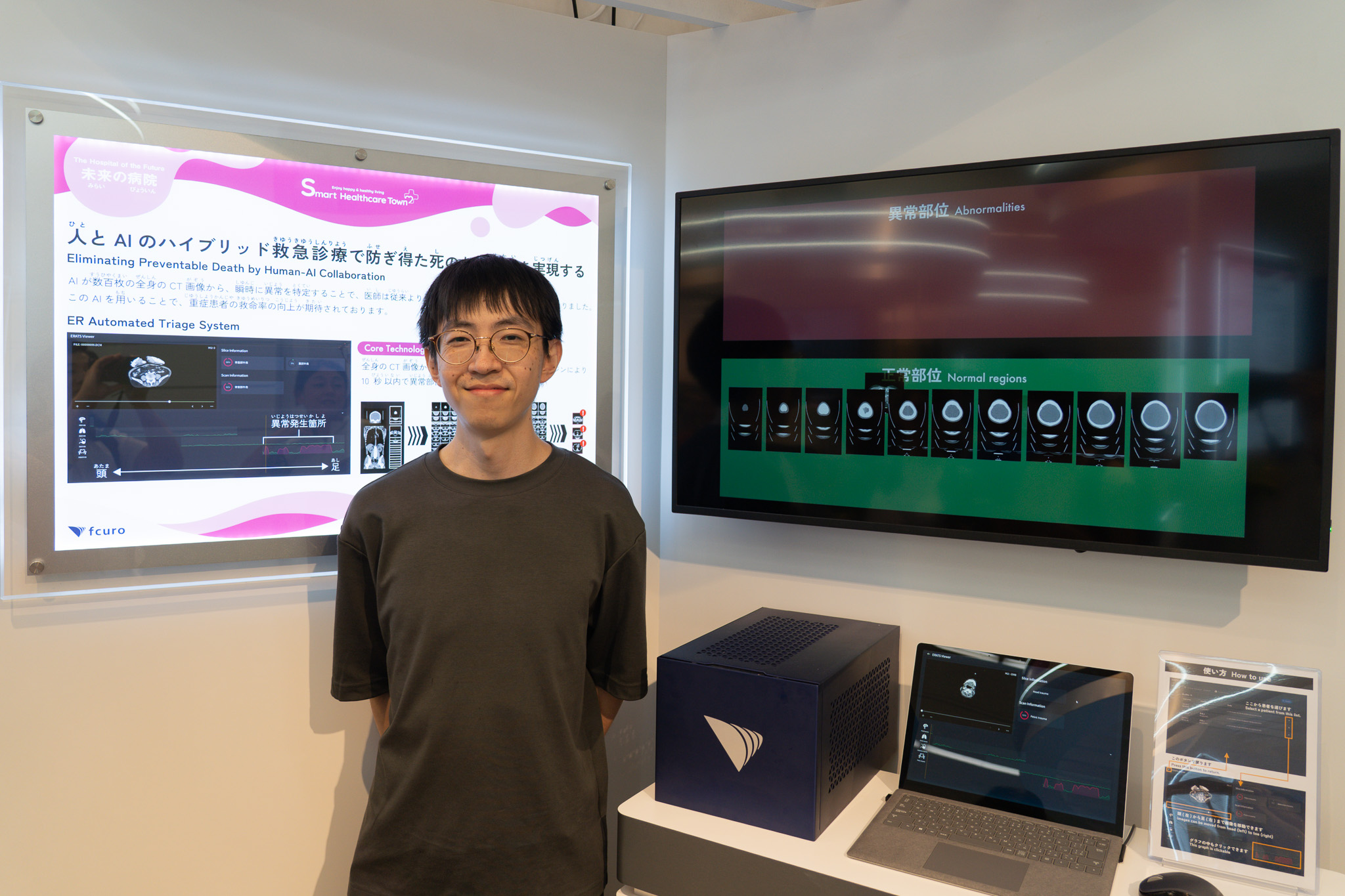Stay updated with the latest news, exclusive insights, and more.

Did you know that Osaka and the Kansai region play a leading role in Japan’s healthcare and pharmaceutical industries?
With over 50 wet lab facilities dedicated to R&D, the region provides an ideal environment for startups and researchers to accelerate innovation. Kansai also produces 22.6% of Japan’s pharmaceuticals and 28.3% of its over-the-counter drugs, making it a national powerhouse in medical manufacturing.
In this article, we’ll guide you through the immersive ‘Reborn Experience Route,’ where visitors embarked on a journey to rediscover their own health and imagine the future of well-being.

Far from a static exhibit, the Reborn Experience Route was a personalized, interactive journey that invited visitors to reflect on their own health, project themselves into the future, and consider the evolution of life, technology, and society.
Inspired by the concept of Personal Health Records (PHR), the experience was designed to take you from your present health data into a speculative vision of your future. Along the way, you encountered provocative questions: what will your health look like in 2050? What role will biotech, food innovation, and regenerative medicine play in your life? The route transforms abstract concepts into tangible, emotional, and often surprising encounters.

We had the chance to experience the Reborn Route firsthand—and here are a few highlights:
The experience began with a full-body scan inside a health measurement pod that assessed your current condition—including hair, skin, vision, brain, teeth, and musculoskeletal health. For skin alone, over 14 indicators like spots, wrinkles, texture, oil, and moisture are analyzed—all within minutes in this self-contained diagnostic unit.




Once our health data had been measured, we were introduced to a speculative version of ourselves in the year 2050. Through screens, sound, and immersive media, the experience prompted a surprisingly personal reflection on how our life and health might evolve.

In this area, we explored how emerging technologies could transform our everyday lives—through what we eat, how we heal, and how health is personalized.


meat maker:In the future, a device like the meat maker could sit in your kitchen, culturing meat directly from cells—allowing you to enjoy marbled steak anytime, tailored to your health and taste preferences.

Rohto Pharmaceutical's Regenerative Medicine Platform: Rohto Pharmaceutical is developing an automated system that uses PHR data to culture customized cells for specific diseases. By training AI on cell cultivation expertise, the system aims to deliver personalized regenerative treatments automatically.
Let’s Reborn Together!
At the end of the journey, you came face-to-face with your Reborn self in the year 2050—a version of you shaped by everything you've just explored through the Reborn Experience Route.
In this finale, your future self broke into dance alongside other participants, radiating energy and renewal. It's a moment where you don't just observe the future—you feel it with your whole body, and realize your place within it.

As part of the Osaka Healthcare Pavilion at Expo 2025, a dedicated area called the “REBORN CHALLENGE” was created, where over 400 outstanding Osaka SMEs and startups exhibited on a weekly rotating basis.
Below are just a few of the healthcare and carbon neutrality startups selected for the HeCNOS AWARD, organized by the Osaka Business Development Agency (OBDA).
Fcuro analyzes total-body CT scans and highlights abnormalities in about 10 seconds, guiding doctors to critical injuries instantly. This dramatically improves speed and accuracy of diagnosis in life-or-death situations.

BIOTECHWORKS-H2 turns waste into hydrogen, then into renewable energy—all while making the entire process fully transparent. Their system tracks exactly which waste streams produce how much gas and CO₂ reduction, offering a fully traceable solution.

The Osaka Startup Ecosystem has ongoing interviews with the startups that got the chance to exhibit at the Expo—you can read them here!
Beating Heart Made from iPS Cells
A small but powerful display: a beating artificial heart made from iPS (induced pluripotent stem) cells, developed via cutting-edge research at Osaka University.

The ‘Human Washing Machine’ Returns
A nod to Expo 1970, this futuristic reboot of the “human washing machine” combines nostalgia and innovation, offering a playful glimpse into the history and future of automated care.

Expo 2025 was so much more than just an event—it was a platform for the world to experience Japan’s most forward-thinking technologies in real life. Osaka’s Nest for Reborn Pavilion captured the region's commitment to health, innovation, and renewal like no other.